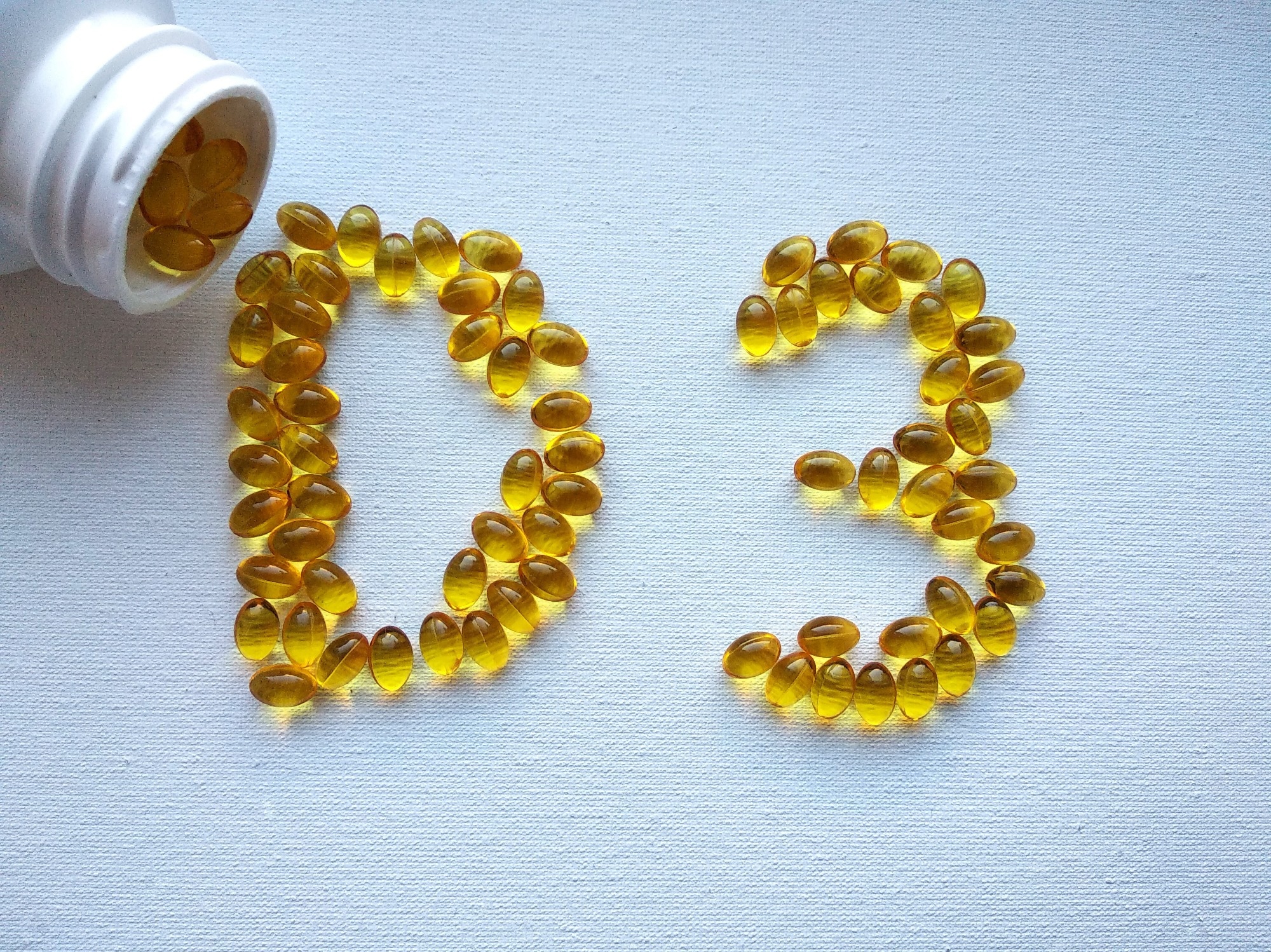In a recent study published in the Scientific Reports journal, researchers in the United States assessed the relationship between supplementation with vitamin D and coronavirus disease 2019 (COVID-19) and related mortality.
Vitamin D deficiency has long been linked to impaired immunological function, which can result in viral infection. In addition, multiple studies have demonstrated that vitamin D deficiency is related to an increased risk of severe acute respiratory syndrome coronavirus 2 (SARS-CoV-2) infection. However, it is unclear whether Vitamin D therapy can lessen the likelihood of COVID-19 infection.
 Study: Association between vitamin D supplementation and COVID-19 infection and mortality. Image Credit: Kozachenko Oleksandr / Shutterstock
Study: Association between vitamin D supplementation and COVID-19 infection and mortality. Image Credit: Kozachenko Oleksandr / Shutterstock
About the study
In the present study, researchers performed a large-scale pharmacoepidemiologic investigation to determine the relationship between vitamin D2 and D3 supplementation and the risk of COVID-19 infection-related mortality within 30 days.
The team conducted a retrospective cohort analysis to assess the relationship between vitamin D2 and D3 supplementation and SARS-CoV-2 infection and death. The association was determined using a cohort of veterans affairs (VA) patients who were treated with the supplementation with doxercalciferol (vitamin D2), ergocalciferol (vitamin D2), calcifediol (vitamin D3), and oral cholecalciferol (vitamin D3) between the pre-pandemic period from 1 January 2019 to 31 December 2020, and during the pandemic from 1 March 2020 to 31 December 2020. Prior to calculation, the team matched treated with control patients based on their likelihood of consuming vitamin D2 and D3 supplements separately. In addition, a subgroup analyses for D3 was performed to identify treatment heterogeneity according to race, vitamin D level, and mean daily and cumulative supplementing dosage.
Supplementation with vitamin D2 or D3 was the primary exposure prior to and after the pandemic started on 1 March 2020. The reference group consisted of patients who did not receive vitamin D2 or D3 supplementation. l vitamin D2 and D3 products and dosages were incorporated in the Corporate Data Warehouse (CDW) electronic health records, such as multivitamins and combination medications containing vitamin D3. To examine variance in the relationship between supplementation therapy and COVID-19 infection, a categorical variable representing distinct 25-dihydroxycholecalciferol thresholds was constructed.
The primary outcome of the study involved laboratory-confirmed SARS-CoV-2 infection as measured by any Medicare claim or VA medical record having the International Classification of Diseases 10th Revision (ICD-10) code U07.1. COVID-19-associated mortality was also analyzed as a secondary endpoint. The team defined COVID-19-associated mortality as any death occurring within 30 days of infection.
Results
When potential confounding variables were matched, the groups receiving vitamin D3 supplementation and control participants were comparable. A more significant proportion of Black patients were supplemented with vitamin D2 compared to vitamin D3. In general, vitamin D3 recipients experienced more comorbid illnesses than D2 recipients. The vitamin D3 cohort displayed COVID-19 infection rates of 2.66% and 3.30% for the treated and the controls, respectively. Furthermore, the infection rates followed by mortality within 30 days were 0.23% and 0.35% for the treated and the control participants, respectively. The rates of COVID-19 infection that led to mortality in the vitamin D2 group were 0.20% and 0.26% for the treated and the controls within 30 days, respectively.
Compared to untreated controls, vitamin D2 and D3 supplementation during the pandemic reduced the probability of COVID-19 infection by 20% and 28%. Supplementation of vitamin D3 was related to a 33% decreased incidence of COVID-19 infection resulting in 30-day death. However, vitamin D2 results were not statistically significant. Compared to controls, a higher reduction in COVID-19 infection rates was observed among Black patients than White individuals. It was determined that vitamin D serum concentrations inversely correlated with the decline in COVID-19 infection risk.
The overall treatment elicited by vitamin D serum level interaction was considerable, with a 12% rise in the hazard ratio for each category of serum level. A 25% reduction in COVID-19 risk throughout the spectrum of cumulative dosages and a 27% reduction across average daily dosages were also noted. The cumulative dose-response relationship was inversely related to vitamin D blood concentration.
Overall, the study findings showed that vitamin D2 and vitamin D3 supplementation significantly reduced the risk of COVID-19 infection and death within 30 days. Therefore, the researchers believe vitamin D3 supplementation could be a valuable strategy for limiting the spread of COVID-19 infection and related death and racial differences in COVID-19 outcomes.